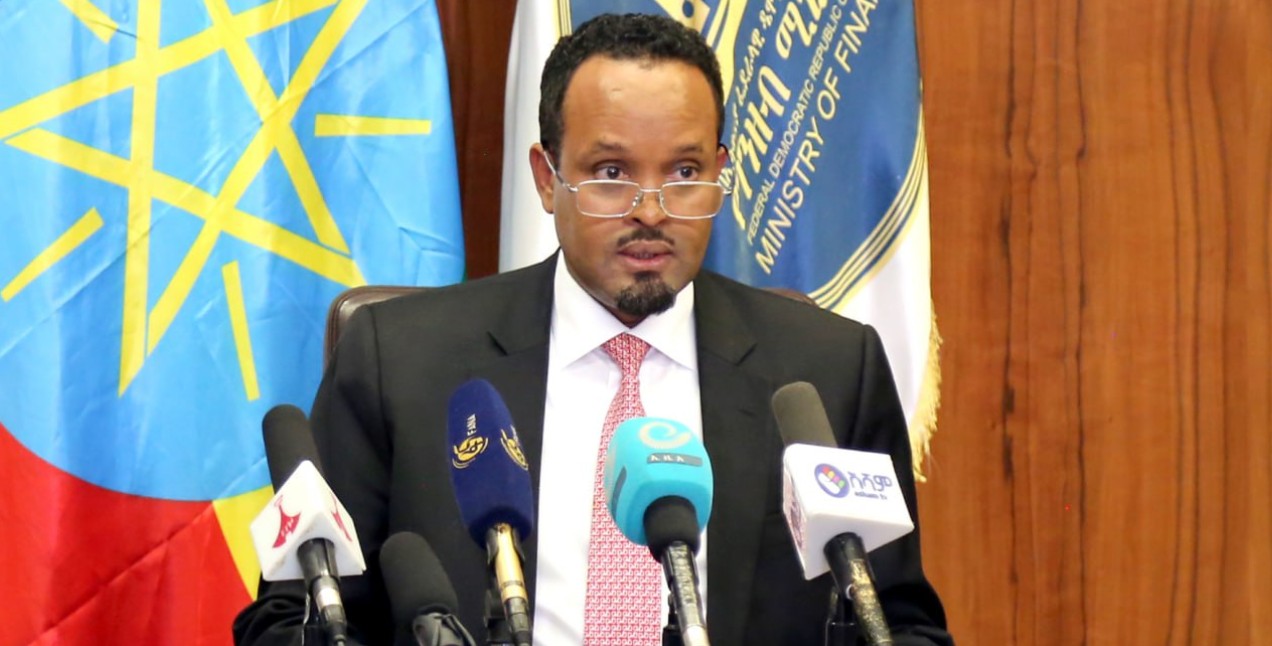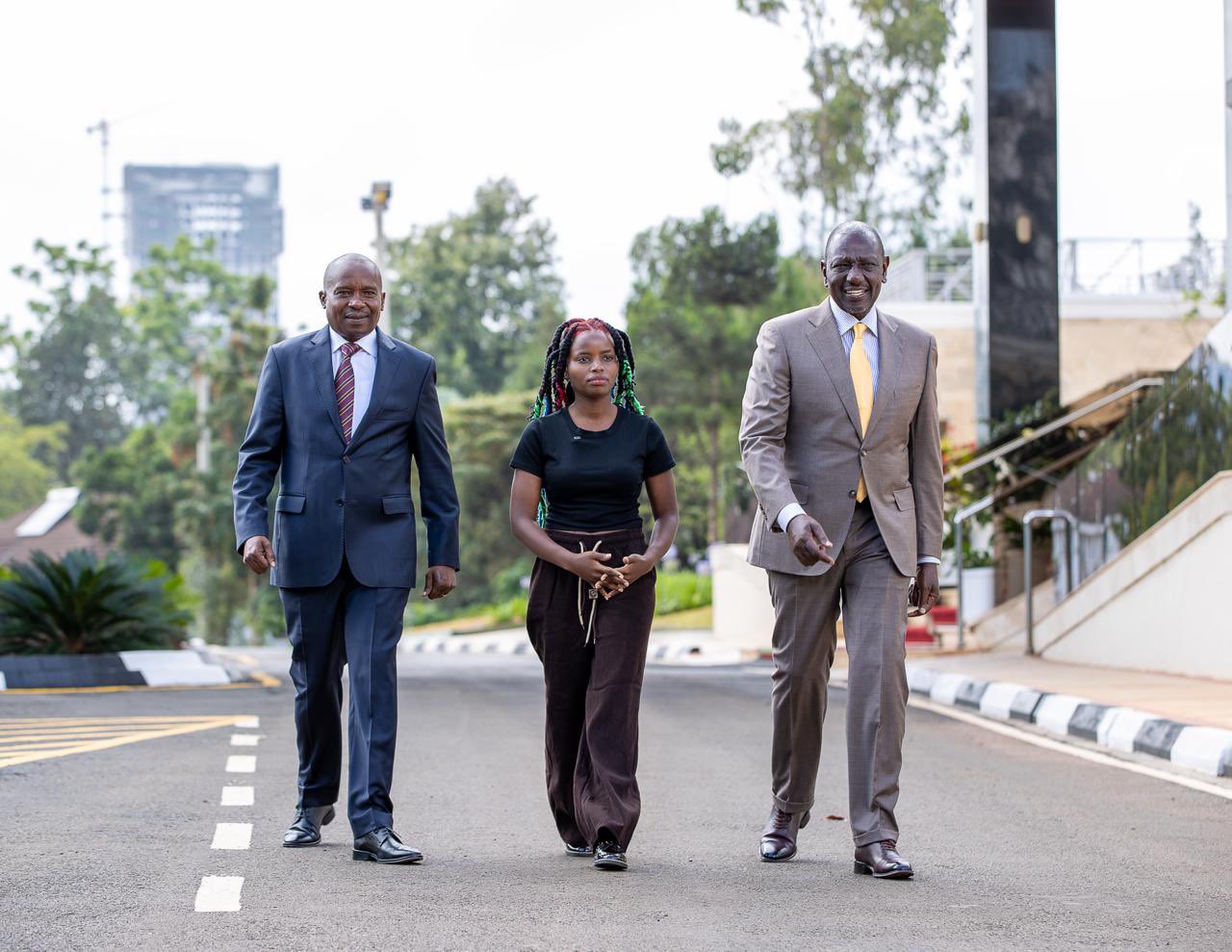Ethiopia moves to ditch US dollar in trade as BRICS-led de-dollarisation gains momentum

Amid BRICS expansion and rising multipolar interests in Africa, Ethiopia’s strategy could signal the beginning of a regional shift in monetary policy, especially among countries seeking to assert economic sovereignty beyond the constraints of the Bretton Woods system.
Ethiopia is gradually reducing its reliance on the US dollar in international trade, in a policy shift that echoes the growing push among BRICS nations to move away from dollar dominance.
According to the country's Ministry of Finance, Addis Ababa is developing mechanisms to support trade using alternative currencies—part of a broader strategy aimed at shielding the economy from the risks associated with a dollar-centric global system.
More To Read
- Kenyan shilling holds steady at 129 against the dollar for a year
- Financial experts predict gradual decline for US Dollar in next 6-12 Months
- Kenyan shilling rallies against major world currencies
- Ghana and India: Narendra Modi’s visit rekindles historical ties
- Kenyan shilling rebounds with 14 per cent year-on-year gain in Q1, 2025
- CRA wants Parliament to introduce limits on dollar-denominated borrowing
In an interview with the Ethiopian Broadcasting Corporation, State Minister of Finance Eyob Tekalign revealed that the country has already entered into currency-swap agreements with several partners, including the United Arab Emirates.
"The government is working on ways to trade in currencies other than the US dollar in order to facilitate trade and investment cooperation in a way that protects Ethiopia's interests," he said.
According to Tekalign, the policy has three main goals: to strengthen trade partnerships, correct longstanding trade imbalances, and protect the economy from the volatility of dollar fluctuations.
Although he did not specify which currencies Ethiopia is considering, the move signals the country's increasing alignment with BRICS nations, many of which are promoting alternative payment systems to reduce global dependence on the US dollar.
For Ethiopia, this shift comes at a time when the government is looking for new ways to expand market access and attract foreign investment, especially in the face of ongoing foreign currency shortages.
"It has been found necessary to have additional currencies other than the US dollar," said Tekalign, signalling that the country's shifting currency policy is more than just symbolic—it is structural.
Amid BRICS expansion and rising multipolar interests in Africa, Ethiopia’s strategy could signal the beginning of a regional shift in monetary policy, especially among countries seeking to assert economic sovereignty beyond the constraints of the Bretton Woods system.
Top Stories Today












































